




Does your washing machine sound like it’s filled with gravel when it’s running? This can be a frustrating and concerning problem. Fortunately, there are several common causes for this issue, and most of them have relatively simple solutions. In this article, we will explore the different reasons why your washing machine might be making strange noises and offer expert advice on how to fix them.
One possible cause for your washing machine sounding like gravel is a problem with the drum bearings. Over time, these bearings can wear out or become damaged, leading to a rumbling or grinding sound. Another potential cause could be worn-out drum paddles or loose objects, such as coins or buttons, stuck behind them.
To fix the issue, you may need to replace the drum bearings or remove any foreign objects trapped behind the drum paddles. It is important to consult a professional or refer to your washing machine’s manual for guidance on how to properly address these problems.
In some cases, the washing machine may produce gravel-like sounds due to a problem with the drive belt. If the belt becomes worn or stretched, it may create a scraping or grinding noise. Replacing the drive belt should resolve this issue. However, it is crucial to make sure you choose the correct replacement belt for your specific washing machine model.
Regular maintenance and proper care can help prevent these issues from occurring. It is recommended to periodically clean the drum, check for loose objects, and avoid overloading the machine. Additionally, using the appropriate amount of detergent and avoiding the use of harsh chemicals can also contribute to the longevity of your washing machine and prevent potential problems.
In conclusion, if your washing machine sounds like gravel, it is essential to identify the underlying cause and take appropriate action. By understanding the potential reasons for these noises and following the expert advice provided in this article, you can restore your washing machine to its optimal performance and avoid future disruptions.
Understanding Washing Machine Noises
Introduction
Washing machine noises can be disruptive and concerning, but they can usually be explained by a specific cause. By understanding the different types of sounds your washing machine may make, you can better diagnose any issues and determine the necessary solutions.
Common Noises and Their Meanings
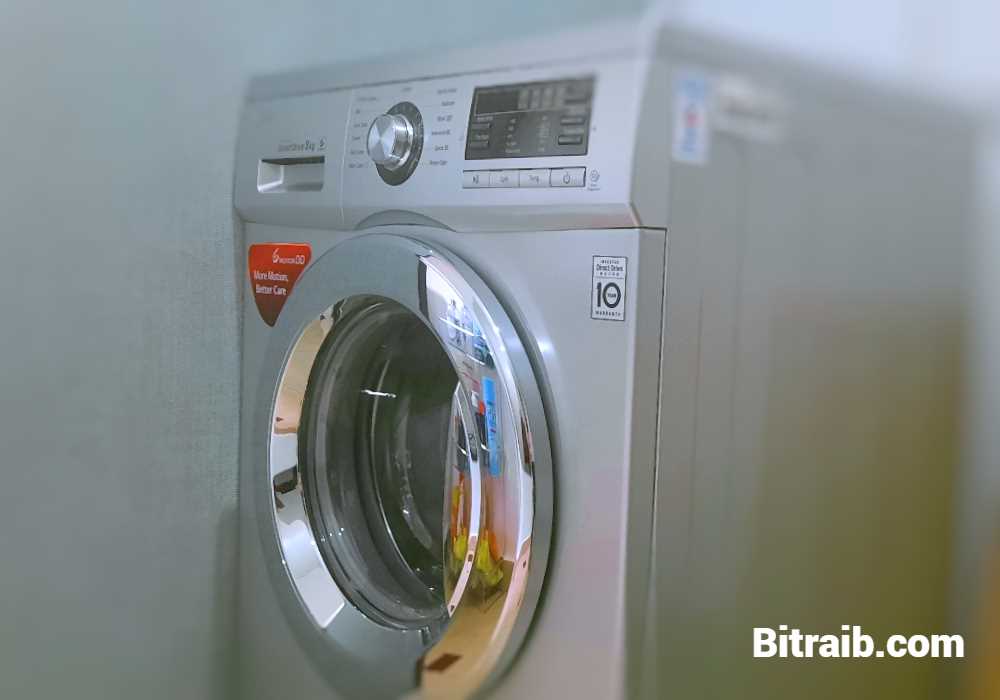
Here are some common washing machine noises and their potential causes:
-
Rattling or clanking noise: This noise can indicate that there are loose objects, such as coins or keys, in the drum or pump. It can also be caused by a faulty drum bearing or a loose drum belt.
-
Grinding noise: A grinding noise can be a sign of worn-out bearings. This happens when the bearings that support the drum become worn and need to be replaced. If left unaddressed, it can cause further damage to the washing machine.
-
Squeaking or squealing noise: A high-pitched squeaking or squealing noise can indicate a worn-out or faulty belt. Over time, the belt can become loose or damaged, resulting in this type of noise.
-
Banging noise: A banging noise can be caused by an unbalanced load inside the washing machine drum. This can easily be resolved by redistributing the clothes evenly.
-
Humming noise: A humming noise can occur when there is an issue with the motor or the motor capacitor. It is best to seek professional assistance to diagnose and repair this type of problem.
Solutions for Washing Machine Noises

Depending on the specific noise, there are different solutions you can try to address the problem. Here are some general guidelines:
-
Tighten loose objects: If you hear rattling or clanking noises, check the drum and pump for any loose objects, such as coins or keys, and remove them. If the noise persists, it may indicate a more serious issue that requires professional attention.
-
Replace worn-out bearings: If you hear a grinding noise, it is likely due to worn-out bearings. It is recommended to contact a professional to replace the bearings and ensure proper installation.
-
Replace worn-out belts: If you hear a squeaking or squealing noise, inspect the belt for any signs of wear and tear. If necessary, replace the belt with a new one to eliminate the noise.
-
Check and redistribute the load: If you hear a banging noise, it is likely due to an unbalanced load. Stop the washing machine, redistribute the clothes evenly, and resume the cycle.
-
Consult a professional: If you hear a humming noise or if the noise persists after trying the above solutions, it is best to seek professional assistance. A trained technician can diagnose the issue accurately and provide appropriate repairs.
Conclusion
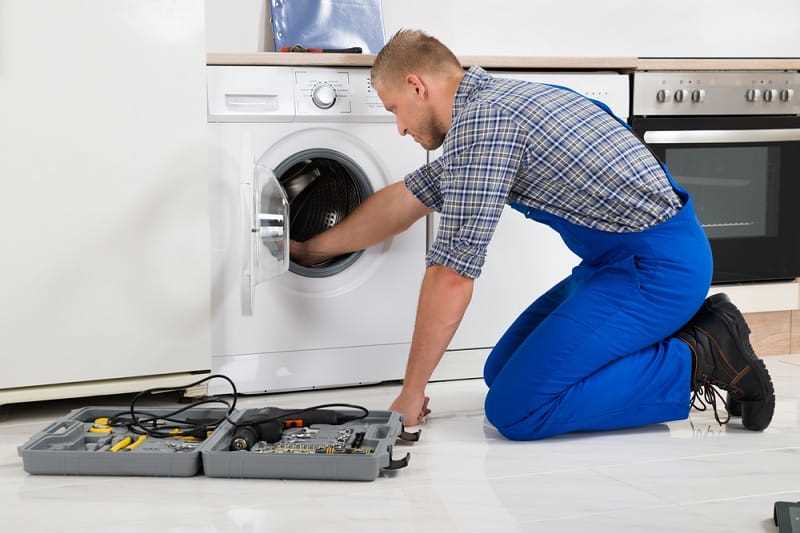
Understanding washing machine noises is an essential part of maintaining and troubleshooting your appliance. By identifying the type of noise and taking appropriate action, you can keep your washing machine running smoothly and prevent further damage.
Common Causes of Washing Machine Sounds
A washing machine is an essential appliance that makes our lives easier by cleaning our clothes. However, sometimes it can start making unusual sounds that can be quite alarming. Here are some common causes of washing machine sounds:
- Unbalanced load: One of the most common causes of strange noises in a washing machine is when the load becomes unbalanced. This can happen if you put too many clothes on one side of the drum, or if the clothes are not distributed evenly. The machine will try to compensate for the imbalance by making loud banging or thumping sounds.
- Loose or damaged components: Over time, the components inside the washing machine can become loose or damaged. This can cause rattling or grinding noises during the wash cycle. It is important to inspect the machine regularly and tighten any loose screws or bolts.
- Worn drum bearings: The drum bearings are responsible for allowing the drum to spin smoothly. If they become worn or damaged, you may hear a loud rumbling or grinding noise during the spin cycle. This is a sign that the bearings need to be replaced.
- Foreign objects: It is not uncommon for small objects like coins, buttons, or hairpins to get stuck inside the washing machine. These objects can cause a rattling or clunking noise as the drum spins. Check the drum and the filter for any foreign objects and remove them to eliminate the noise.
- Faulty motor: If the motor of the washing machine is faulty, it can produce a variety of unusual noises. These can range from a buzzing or humming sound to a loud screeching noise. If you suspect a faulty motor, it is best to call a professional technician to inspect and repair it.
In conclusion, there are several common causes of washing machine sounds, including unbalanced loads, loose or damaged components, worn drum bearings, foreign objects, and faulty motors. It is important to identify the cause of the noise and take appropriate action to resolve the issue. Regular maintenance and inspection can help prevent these problems and ensure that your washing machine operates smoothly and silently.
Identifying the Gravel-like Noise
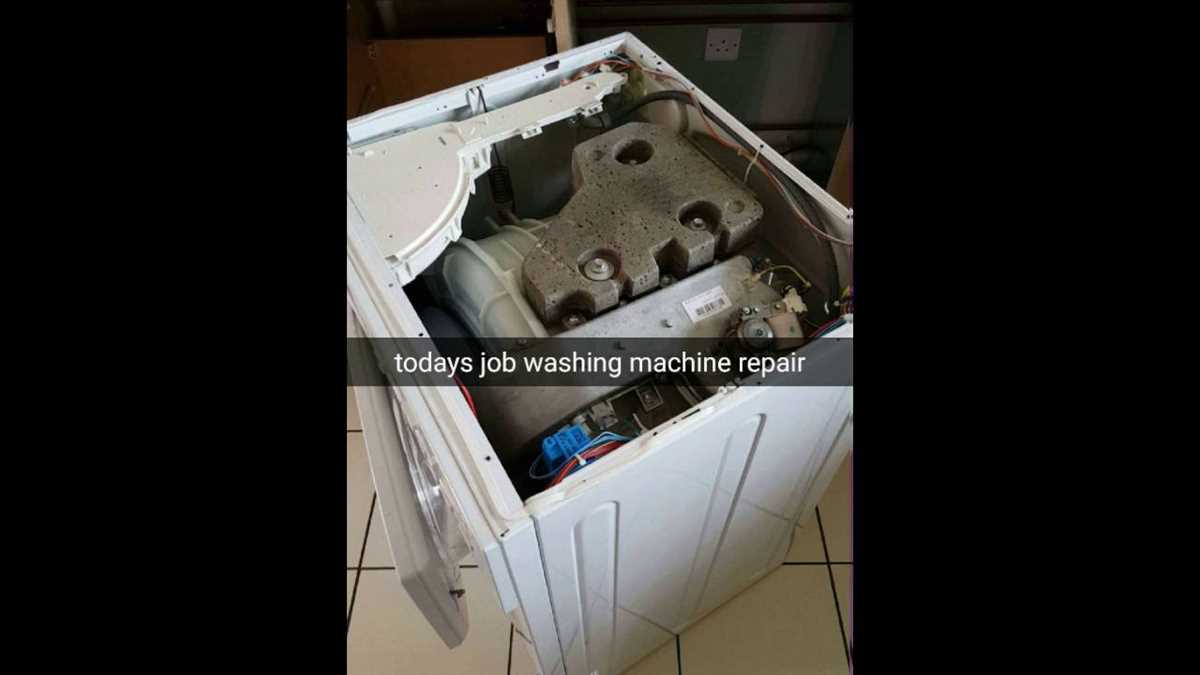
If your washing machine is making a noise that sounds like gravel, it is important to identify the cause of the problem before attempting any repairs. Here are some steps you can take to help you pinpoint the source of the noise:
1. Empty the washing machine
Start by removing all the items from the washing machine and ensure it is completely empty. This will help you determine whether the noise is related to the items inside the machine or if the problem lies with the machine itself.
2. Check for any loose objects
Inspect the drum and other components of the washing machine for any loose objects such as coins, buttons, or other small items that may have gotten stuck. These items can cause a grinding or rattling noise when the machine is in operation.
3. Inspect the drum and agitator
Look for any signs of damage or wear on the drum and agitator of the washing machine. If these components are worn out or broken, they may be causing the gravel-like noise during operation.
4. Check the suspension rods or springs
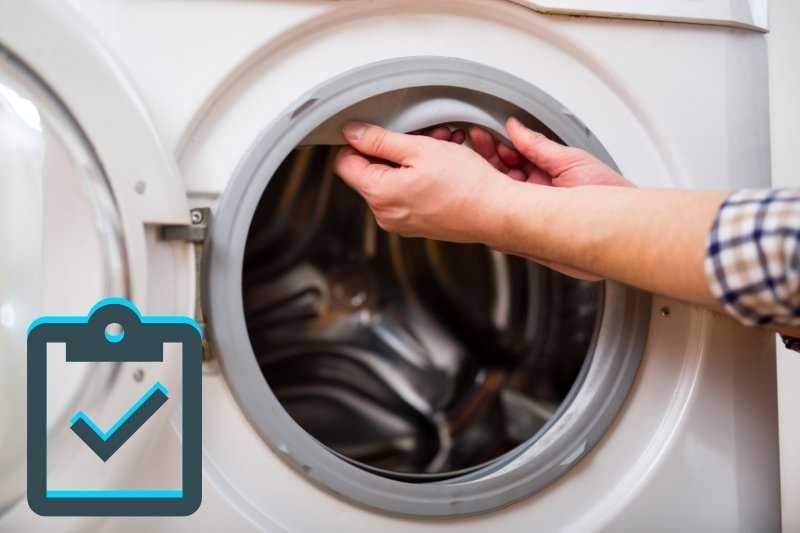
Examine the suspension rods or springs that support the drum. If they are damaged or worn out, they may not be able to absorb the vibrations properly, resulting in an abnormal noise. Make sure the rods or springs are securely attached and in good condition.
5. Inspect the bearings
The bearings are responsible for allowing the drum to rotate smoothly. If they become worn out or damaged, they can produce a grinding or rumbling noise. Inspect the bearings for any signs of wear or damage and replace them if necessary.
6. Listen for additional symptoms
Pay attention to any other symptoms that may be accompanying the gravel-like noise, such as leaks, burning smells, or error codes. These additional symptoms can provide clues as to the underlying cause of the problem.
If you are unable to identify the source of the noise or if you are uncomfortable with performing the necessary repairs yourself, it is recommended to contact a professional washing machine technician. They will be able to diagnose the issue and provide the appropriate solutions to eliminate the gravel-like noise.
Effective Solutions to Reduce Washing Machine Noises
1. Leveling the Washing Machine
One of the common causes of noisy washing machines is an uneven placement. To reduce vibrations and noises, make sure that your washing machine is leveled properly. You can use a spirit level to check the balance. Adjust the legs of the machine until it is level from front to back and side to side.
2. Inspecting the Suspension Springs
Faulty or worn-out suspension springs can also cause excessive noise during the wash cycle. Inspect the springs to see if any of them are broken or damaged. If you find any issues, they should be replaced. Refer to the manufacturer’s guide for instructions on how to replace the suspension springs or contact a professional for assistance.
3. Checking the Drum Bearings
If your washing machine is making loud grinding or scraping noises, the drum bearings might be worn out. To check the bearings, manually rotate the drum with your hand. If you hear any unusual sounds or feel any resistance, it is likely that the bearings need to be replaced. This is a more complex repair and may require professional assistance.
4. Avoid Overloading the Machine
Overloading the washing machine is a common cause of excess noise. To prevent this, make sure to follow the manufacturer’s guidelines on load capacity. Overfilling the machine can cause imbalance and lead to unnecessary noise during the wash cycle.
5. Regularly Clean and Maintain the Machine
Accumulated dirt, debris, and limescale can contribute to increased noise levels in your washing machine. Regularly cleaning and maintaining the machine can help reduce these noises. Clean the detergent dispenser, lint filter, and drum on a regular basis. Also, run a maintenance wash with vinegar or a dedicated washing machine cleaner to remove any build-up. Refer to the manufacturer’s instructions for specific cleaning procedures.
6. Replace Damaged Parts
If you have tried all the above solutions and your washing machine still makes excessive noise, it might be time to consider replacing damaged parts. Contact the manufacturer or a professional service technician to diagnose the issue and determine which parts need to be replaced.
7. Seek Professional Help
If you are unsure about diagnosing or repairing the noise issue in your washing machine, it is recommended to seek professional help. A certified technician can accurately identify the problem and provide the most effective solution. They have the expertise and tools needed to tackle complex repairs and ensure optimal performance of your washing machine.
Conclusion
Noisy washing machines can be annoying and indicate underlying issues. By following these effective solutions, you can significantly reduce the noise levels and ensure smoother and quieter laundry cycles. Regular maintenance and proper usage of the machine can also prolong its lifespan and prevent further damage. Remember to always refer to the manufacturer’s instructions and guidelines to ensure safe and correct usage of your washing machine.
Preventing Future Washing Machine Noises
After experiencing the issue of a washing machine sounding like gravel, it is important to take steps to prevent this problem from occurring again. Here are some preventive measures you can take to avoid future washing machine noises:
1. Proper Installation
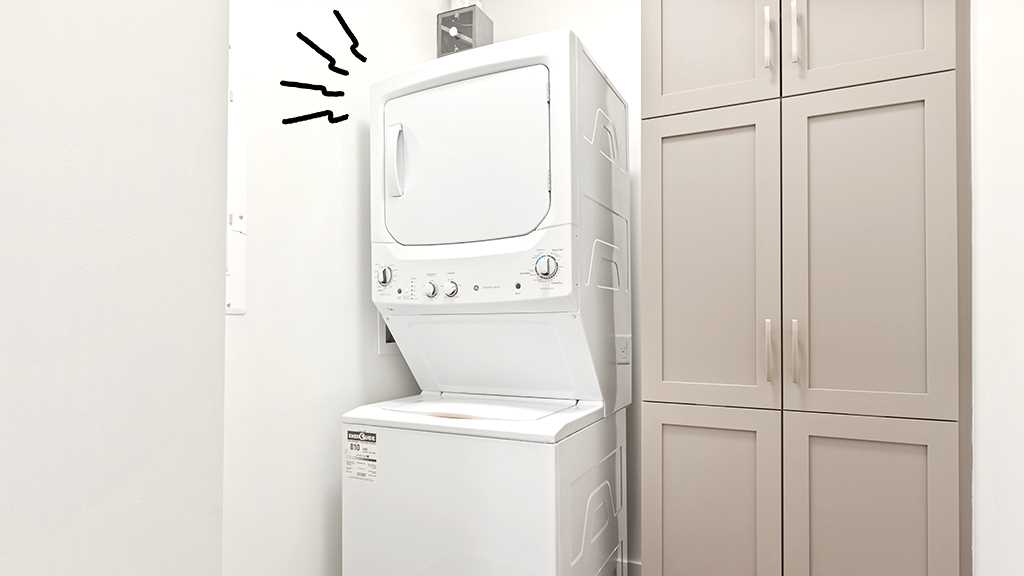
Make sure that your washing machine is installed correctly. Improper installation can lead to vibration and noise issues. Ensure that the machine is level and stable on the floor.
2. Regular Maintenance
Maintaining your washing machine regularly can help prevent noises caused by wear and tear. Clean the drum, filter, and detergent drawer regularly to remove any debris or residue that may accumulate. Follow the manufacturer’s instructions for cleaning and maintenance.
3. Use the Right Detergent
Using the appropriate detergent for your washing machine can help prevent noises and maintain its performance. Avoid using too much detergent, as excess soap suds can cause the machine to become imbalanced and produce noise.
4. Avoid Overloading
Avoid overloading the washing machine, as this can cause imbalances and excessive vibrations. Follow the recommended load capacity guidelines provided by the manufacturer.
5. Check for Objects

Before starting each wash cycle, check the pockets of your clothes to ensure there are no small objects, such as coins or keys, that could cause rattling or damage to the machine. Also, check the drum for any foreign objects that may have been left behind.
6. Inspect and Replace Damaged Parts
Regularly inspect your washing machine for any signs of damage or worn-out parts. If you notice any abnormalities, such as loose or damaged belts, springs, or bearings, replace them promptly to prevent further noise issues.
7. Avoid Overusing Washing Machine
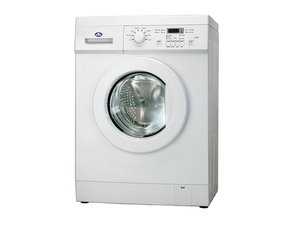
Avoid using your washing machine excessively, especially for heavy-duty loads. Give it time to rest between cycles to prevent overheating and potential damage that could lead to noise problems.
By following these preventative measures, you can minimize the chances of your washing machine sounding like gravel in the future. Regular maintenance and responsible usage will help keep your machine running smoothly and quietly.
FAQ
Why does my washing machine sound like gravel?
There could be several reasons why your washing machine sounds like gravel. One possible cause is a problem with the drum bearings. Over time, these bearings can wear out or become damaged, resulting in a grinding or rumbling noise. Another possible cause is a loose or damaged belt. If the belt is loose, it may create a scraping sound as it moves against other components. Additionally, objects such as coins or small items left in pockets can get caught in the drum and cause a rattling noise.
How can I fix the problem of my washing machine sounding like gravel?
The solution to fixing a washing machine that sounds like gravel depends on the exact cause of the noise. If the issue is with the drum bearings, you may need to replace them. This typically requires disassembling the machine and accessing the drum assembly. If the noise is caused by a loose or damaged belt, tightening or replacing the belt should resolve the problem. If objects are causing the noise, you can try locating and removing them from the drum. If you’re unsure how to proceed, it’s best to consult a professional appliance repair technician.
Can I continue using my washing machine if it sounds like gravel?
While you may be tempted to continue using your washing machine despite the gravel-like noise, it’s generally not recommended. The noise is often an indication of an underlying issue that could worsen with continued use. Continuing to use the machine may cause further damage to components such as the drum bearings or belt, leading to more costly repairs down the line. It’s best to address the issue as soon as possible to prevent further damage and ensure the longevity of your washing machine.
Is it normal for a washing machine to make a gravel-like noise?
No, it is not normal for a washing machine to make a gravel-like noise. Washing machines are designed to operate quietly and smoothly. If you notice a gravel-like noise, it usually indicates a problem that needs to be addressed. It’s important to investigate and resolve the issue to prevent further damage and to ensure that your washing machine continues to function properly.











